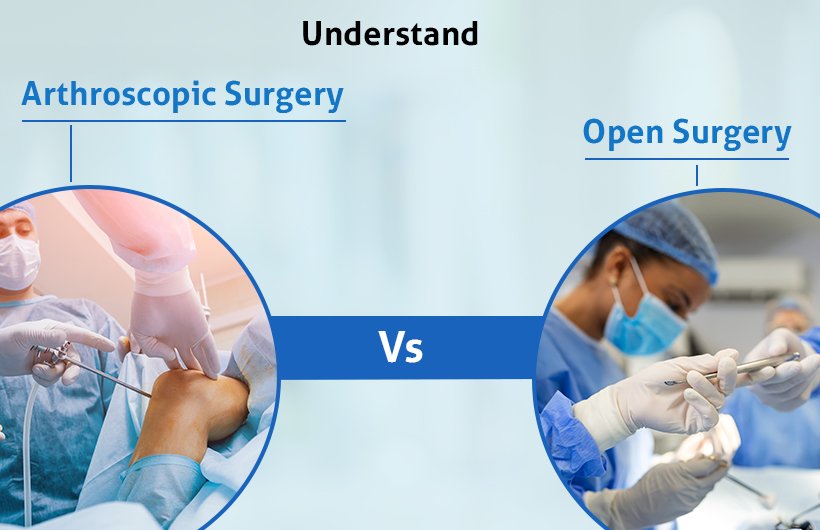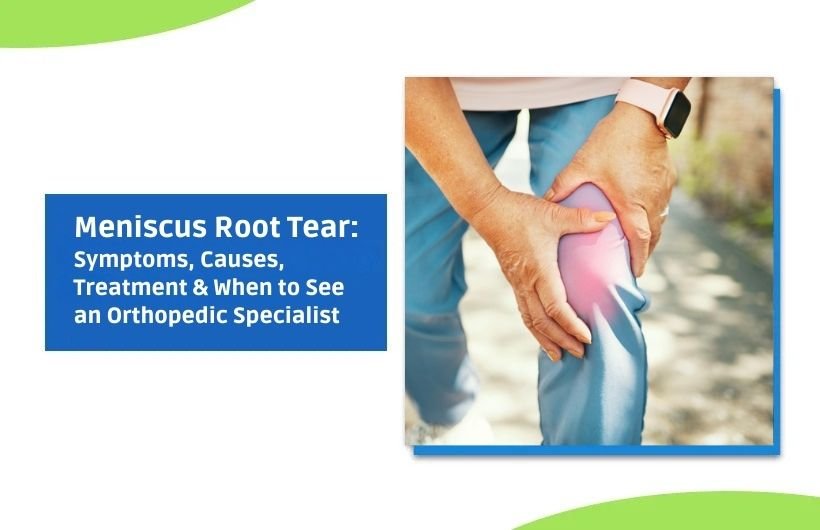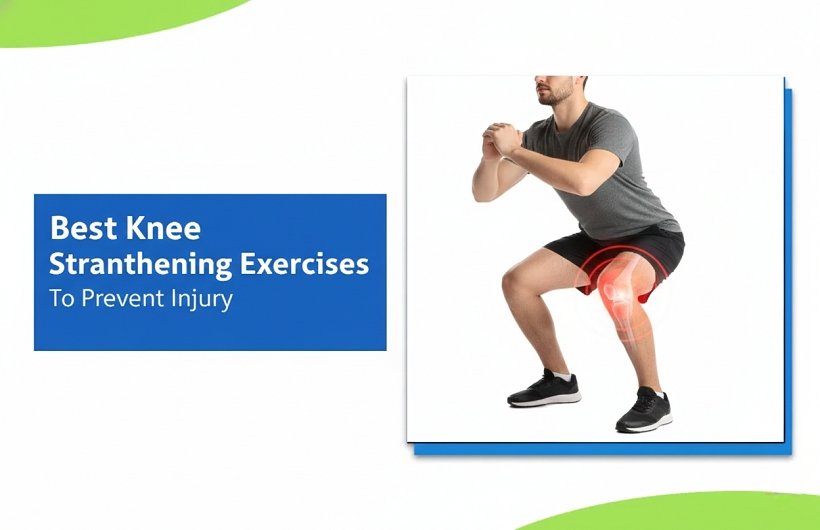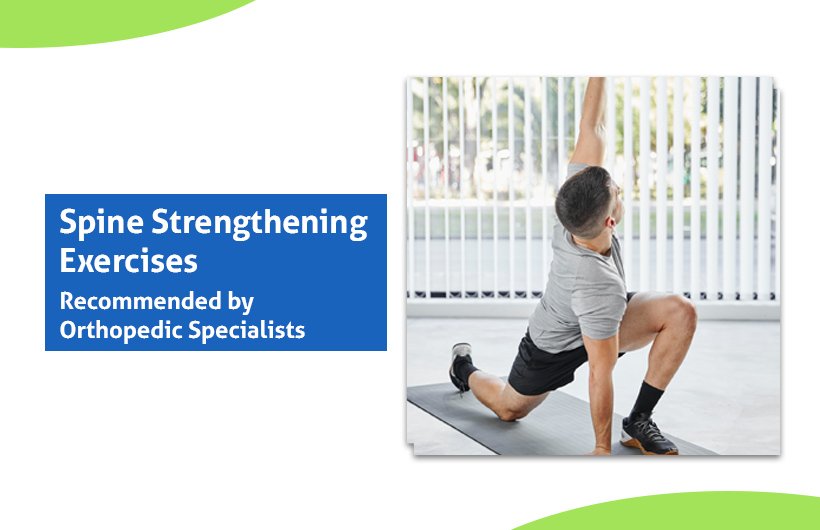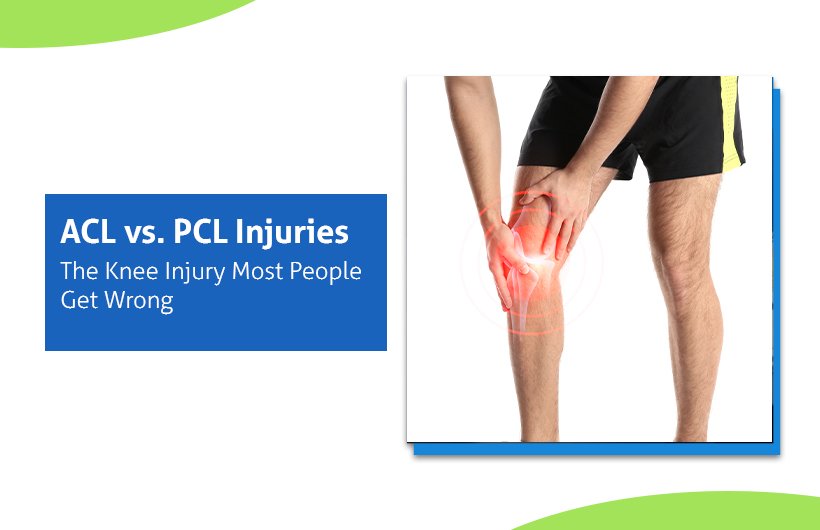In the field of orthopedics, surgery plays a vital role in diagnosing and treating joint and bone conditions that cannot be managed with medicines or physiotherapy alone. However, when it comes to choosing the right surgical approach, arthroscopic surgery vs open surgery, many patients feel uncertain. Both procedures have their benefits, but they differ in terms of technique, recovery, and outcomes.
In this blog, we’ll help you understand the key differences between arthroscopic and open surgery, when each is recommended, and what to expect during recovery. Expert Orthopedic Doctor in Ahmedabad, Dr. Samip Sheth, shares insights into helping patients make informed decisions about their orthopedic treatment.
What Is Arthroscopic Surgery?
Arthroscopic surgery is a minimally invasive procedure used to diagnose and treat joint problems. It involves inserting a tiny camera called an arthroscope through small incisions to view the inside of the joint. Specialised instruments are then used to repair damaged tissues, remove debris, or correct joint structures without making a large cut.
This modern technique is commonly used for treating conditions in the knee, shoulder, hip, wrist, or ankle. Patients often prefer arthroscopy because it causes less tissue damage, results in smaller scars, and allows quicker recovery.
As a leading arthroscopy doctor in Ahmedabad, Dr. Samip Sheth explains that arthroscopic surgery is especially beneficial for individuals suffering from:
- Torn ligaments or cartilage (like ACL or meniscus tears)
- Shoulder impingement or rotator cuff injuries
- Synovitis (inflammation of joint lining)
- Loose bone fragments in the joint
- Recurrent joint pain or stiffness
This technique has revolutionised orthopaedic care by allowing doctors to “see” inside joints without extensive surgical exposure.
What Is Open Surgery?
Open surgery, as the name suggests, involves making a larger incision to directly access the affected joint or bone. This method provides a clearer and broader view for the surgeon, making it ideal for complex fractures, severe arthritis, or joint replacement surgeries.
Although it’s a traditional approach, open surgery remains essential in cases where:
- There is significant bone deformity or damage
- Implants or prosthetics need to be placed
- Tumours or infections must be treated extensively
- Internal fixation devices are required for stabilisation
An open surgery specialist in Ahmedabad, like Dr. Samip Sheth, ensures that even traditional surgeries are performed with advanced precision and safety, minimising complications and improving recovery outcomes.
How Do Arthroscopic Surgeries vs Open Surgeries Differ?
Both arthroscopic surgery vs open surgery aim to treat orthopedic conditions effectively. However, they differ in technique, healing time, and overall experience. Here’s a comparison:
| Aspect | Arthroscopic Surgery | Open Surgery |
| Incision Size | Small (about 0.5–1 cm) | Larger (5–10 cm or more) |
| Scarring | Minimal | More visible |
| Pain & Tissue Damage | Less pain, minimal tissue damage | More tissue disturbance |
| Recovery Time | Faster, often within weeks | Longer, may take months |
| Hospital Stay | Usually outpatient or 1-day stay | Requires longer hospitalisation |
| Risk of Infection | Lower | Slightly higher |
| Best For | Minor to moderate joint injuries | Longer, it may take months |
While arthroscopy offers quicker recovery and fewer complications, open surgery allows direct visualisation and correction of major bone or joint issues.
Which One Is Better for You — Arthroscopic or Open Surgery?
The choice between arthroscopic surgery vs open surgery depends on several factors, such as the type of injury, its severity, and your overall health.
You may be a good candidate for arthroscopy if:
- Your joint issue is mild or moderate
- You need to repair ligaments or soft tissue
- You want a quick recovery with less pain
However, open surgery may be necessary if:
- You have severe joint deformity or bone loss
- The condition involves multiple structures
- You need a joint replacement or major reconstruction
It’s always best to consult an experienced orthopedic doctor in Ahmedabad to determine the most suitable approach. Dr. Samip Sheth emphasises that both techniques are safe and effective when performed by skilled orthopedic surgeons. The decision should be personalised based on your condition, medical history, and recovery goals.
What Can You Expect During Recovery?
Recovery plays a crucial role in ensuring the success of any orthopedic surgery. After arthroscopic surgery, patients generally experience:
- Minimal pain or swelling
- Early movement and mobility
- Return to normal activities within a few weeks
Physical therapy may be recommended to restore joint strength and flexibility.
In contrast, open surgery often requires a longer healing period. Patients might need:
- Hospital stays for a few days
- Use of assistive devices like crutches or braces
- Regular follow-ups for wound care and rehabilitation
Regardless of the method, following your surgeon’s advice, maintaining a healthy diet, and performing prescribed exercises are key to optimal recovery.
Is Arthroscopic Surgery Safe?
Yes. Arthroscopic surgery is considered one of the safest procedures in orthopedics due to its minimally invasive nature. The risks, such as infection, bleeding, or stiffness, are very low compared to traditional open surgeries.
However, no surgical procedure is entirely risk-free. Choosing an experienced arthroscopy doctor in Ahmedabad ensures that the procedure is performed with utmost precision and safety. With proper care and rehabilitation, most patients recover smoothly and return to their daily activities much sooner.
Final Thoughts
Both arthroscopic surgery vs open surgery have their place in modern orthopedics. Arthroscopy offers a minimally invasive, faster-healing option for many joint problems, while open surgery remains the gold standard for complex or large-scale procedures.
If you’re struggling with persistent joint pain, sports injuries, or mobility issues, consulting a qualified orthopedic doctor near you can help you find the most effective solution. With his expertise and patient-centric approach, Dr. Samip Sheth provides comprehensive care from accurate diagnosis to advanced surgical treatments, ensuring patients regain their mobility and quality of life.

